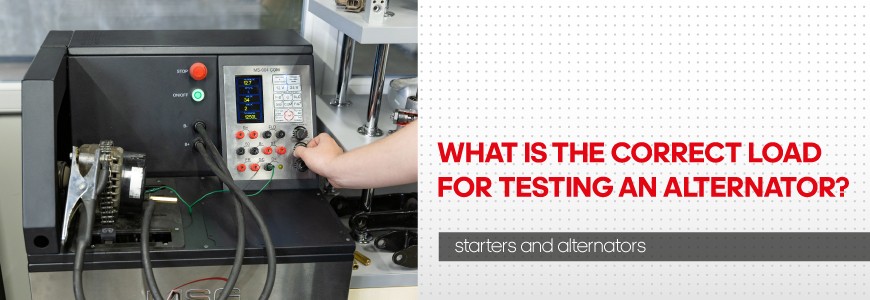
The only way to assess the alternator’s technical condition is through diagnosing it on the test bench. The bench allows us to set a load on the alternator and read the output rating and the alternate current component.
The alternator operation has certain specifics: a changing rotational speed of the input shaft leads to a continuous change of the rotor speed. Thus, the current provided by the alternator to all the vehicle consumers directly depends on the rotor speed. It is called a current-speed characteristic of the automotive alternator (Fig.1).
Figure 1. Typical current-speed characteristic of an alternator
When setting a load on the alternator, a current-speed characteristic of the tested unit should be considered. Otherwise, the alternator might not be able to maintain the load you set. The technical characteristics of any automotive alternator always include the alternator's maximum output current produced when the input shaft is rotating at 6000 RPM.
Many years’ experience in alternator diagnostics shows that load current of 50-70A is sufficient for assessment of alternator technical condition. An alternate current component can indicate possible faults: if it does not exceed 10% of the pre-set load, then the excitation winding and rectifier are fault-free. Increasing the load on the alternator will rather cause the alternator to overheat than help to detect faults.
MSG Equipment product line of diagnostic tools for starters and alternators allows repair technicians to check alternators with different connection terminals in cars and heavy trucks. All the test benches have the feature of smooth adjustment of alternator speed and load:
- Multifunctional test bench MS002 COM tests 12/24V alternators under a load of up to 200A or 100A, respectively;
- A compact desktop test bench MS004 COM tests 12V alternators under a load of up to 100A and 24V alternators – under a load of 50A.
- Test bench MS006 tests alternators with a nominal voltage of 12/24V under a load of up to 50A.
- Test bench MS005 is used for comprehensive health assessment of 12/24/48V alternators, including the alternators with vacuum pumps (up to 300A for 12V) and automotive lead-acid batteries.
- New test bench MS008 tests alternators with a nominal voltage of 12, 24, and 48 volts under a load of up to 150A (12V)
Learn more about MSG Equipment test benches and testers for automotive alternators on https://servicems.eu/



COMMENTS